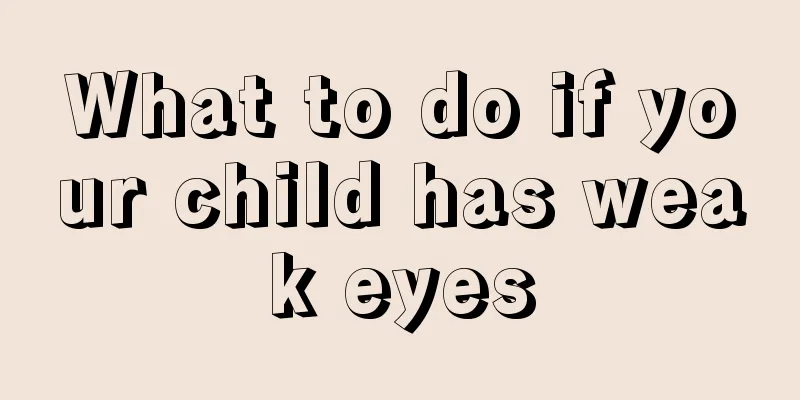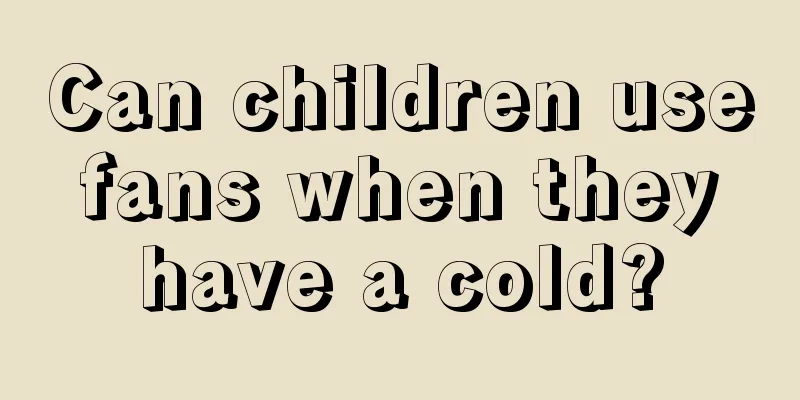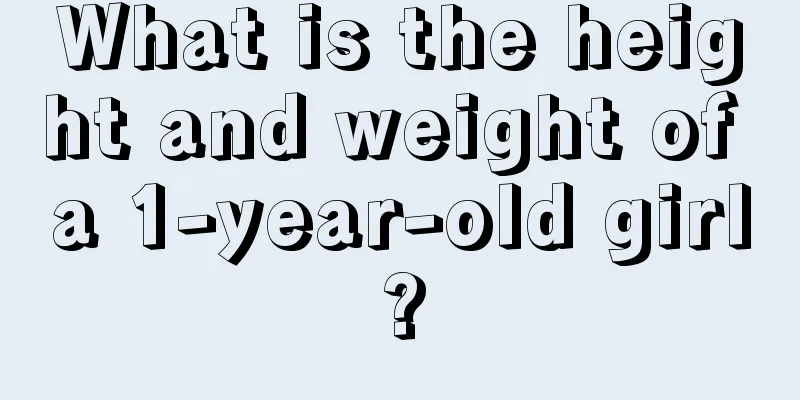What to do if your child has weak eyes

|
When you find that your child has amblyopia, you should pay attention to adjusting their sitting posture, especially maintaining the correct posture when reading. If the patient's condition is more serious, he or she may need to go to the hospital for amblyopia treatment to avoid further deterioration of vision, which would otherwise cause complete damage to their eyes. In addition, be careful not to let them use their eyes for too long. 1. Strabismus amblyopia It occurs in one eye. The child has strabismus or has had strabismus in the past. It is common in children under four years old with monocular constant strabismus. The cerebral cortex actively inhibits the visual impulse of the strabismus. Long-term inhibition forms amblyopia. The visual inhibition and amblyopia are only different in quantity. Generally, the inhibition can be relieved when the strabismus is injected, while amblyopia is a persistent visual impairment. The earlier the age at which strabismus develops, the faster the inhibition occurs and the more severe the amblyopia. 2. Anisometropic amblyopia Because the two eyes see differently, the size and clarity of the retinal images of the two eyes are different. The macular image of the eye with higher refractive power is large and blurred, resulting in insufficient stimulation of the fusion reflex of the two eyes, and unable to form binocular single vision, thus producing passive inhibition. If the refractive power of the two eyes is more than 300 degrees, the higher refractive power often causes amblyopia and strabismus. So passive and active inhibition exist at the same time. The depth of amblyopia is not necessarily related to the degree of anisometropia, but is related to the nature of gaze. Those with paracentral gaze have deeper amblyopia. The nature of this type of amblyopia is similar to strabismic amblyopia, which is functional and reversible. It is sometimes difficult to distinguish clinically whether amblyopia is caused by anisometropia or secondary to strabismus. This type of amblyopia can be prevented if it is detected early and glasses are worn in time. 3. Refractive amblyopia It is mostly binocular, occurring in children or adults with high myopia, nearsightedness and astigmatism who do not wear corrective glasses. Most have myopia of more than 600 degrees, hyperopia of more than 500 degrees, astigmatism ≥ 200 degrees or both. The visual acuity of both eyes is equal or similar, and there is no dysfunction in the image fusion function of both eyes, so it does not cause functional inhibition of the macula. If appropriate glasses are worn in time, the visual acuity can gradually improve. 4. Disuse amblyopia (form deprivation amblyopia) In infancy, due to ptosis, corneal opacity, congenital cataracts or long-term eyelid covering after eyelid surgery, light stimulation cannot enter the eyeball, hindering or blocking the macula from receiving visual stimulation, thus causing amblyopia, which is also called visual stimulation-blocking amblyopia. |
<<: Are there any side effects to the weaning shot?
>>: Why does my baby keep squinting his eyes recently?
Recommend
How to avoid scars on children's faces
Children are very naughty. They often like to tou...
What should a 6-year-old child eat when he has a cough?
Children can take cough suppressants when they co...
What to eat for infants and young children with zinc deficiency
During the development of a child, a very young c...
What are the development indicators of a twelve-month-old baby?
Children's development has become a very conc...
What foods are easy to digest for children?
It is common for children to have poor digestion ...
What to do if your baby has gastrointestinal infection
For children, the most common symptom after gastr...
ADHD Intelligence
Children with ADHD have relatively low intelligen...
Why does a two-month-old baby get angry after eating milk powder?
Many parents will feed their babies milk powder w...
What is the reason for the baby's forehead to be black?
There are many phenomena in the growth and develo...
How to care for children after phimosis surgery?
When children have phimosis, it will seriously hi...
Can young children eat taro? It is important to know how to eat correctly
Taro is a very good food and many people like to ...
What to do if the boy's urethra is red and swollen
When taking care of a child, mothers need to be b...
What should I do if my baby has very loose stools?
It is normal for babies to have loose stools when...
What causes babies to cry while sleeping?
Many parents pay close attention to the words, be...
Do you know why babies have Mongolian spots?
Nowadays, many babies have Mongolian spots when t...









